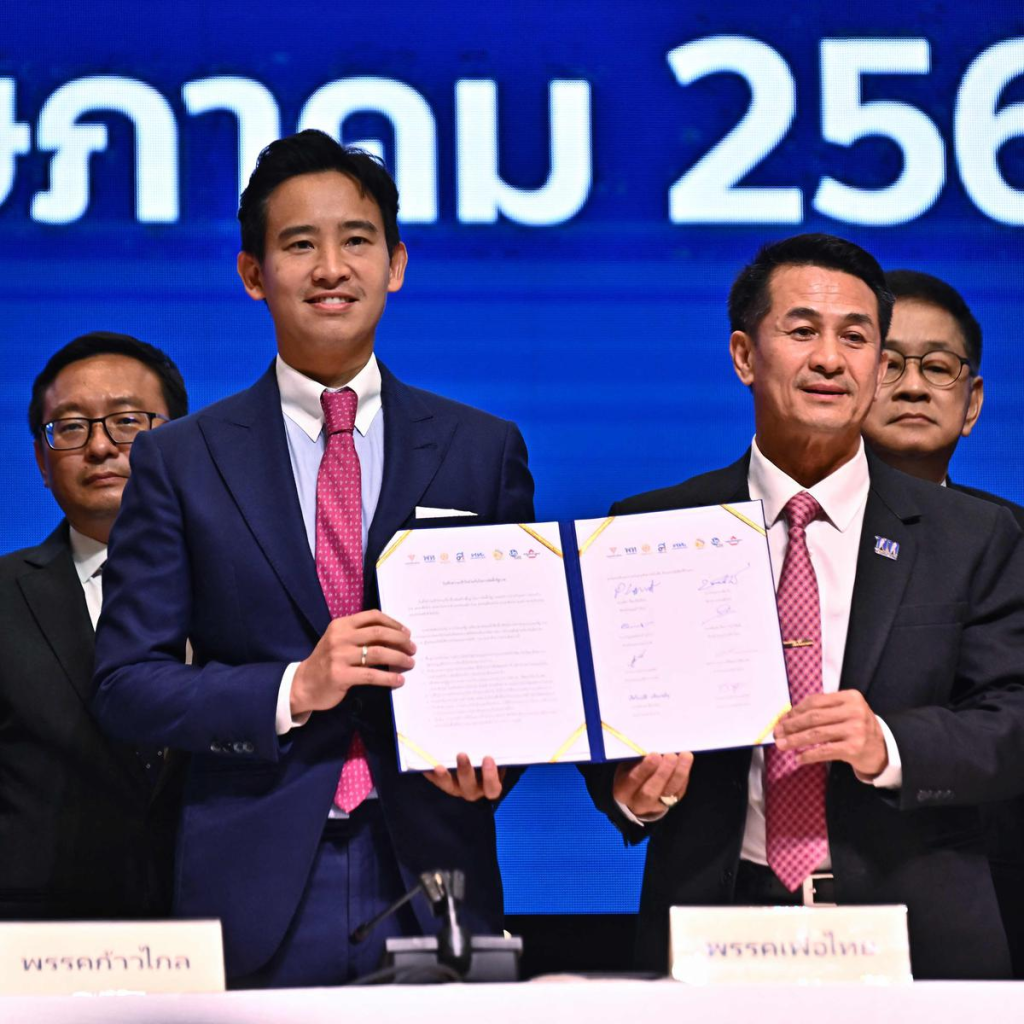
Introduction
In a recent turn of events, Thailand’s political landscape has been rocked by an election probe surrounding the leading Prime Ministerial candidate, Pita Limjaroenrat. The investigation comes at a crucial time, as the nation prepares for its upcoming elections. This article delves into the details of the probe, shedding light on the allegations, their potential implications, and the wider significance for Thai politics.
Background
Pita Limjaroenrat, a prominent figure in Thai politics, has emerged as a leading contender for the position of Prime Minister. His rise to prominence within his party, the Thai Reform Party (TRP), has been marked by a combination of charisma, strategic maneuvering, and a commitment to addressing key societal issues. However, his political ambitions have recently been clouded by an election probe initiated by the country’s Election Commission.
The Allegations
The Election Commission has launched an investigation into Pita Limjaroenrat’s campaign financing practices, following allegations of potential violations. It is claimed that the TRP candidate may have received undisclosed funds or engaged in irregular financial activities during his campaign. These allegations have raised concerns about the transparency and integrity of the electoral process, casting a shadow over Pita Limjaroenrat’s bid for the Prime Minister’s seat.
The Implications
The election probe targeting Pita Limjaroenrat holds significant implications for the future of Thai politics. If the allegations are proven true, it could undermine the legitimacy of his candidacy and dent public trust in the electoral system. The investigation’s outcome could potentially result in various scenarios, including disqualification from the race, legal consequences, or damage to the candidate’s reputation.
Political Ramifications
The election probe has sparked a flurry of reactions from both supporters and opponents of Pita Limjaroenrat. Critics argue that the allegations reinforce their skepticism about the integrity of the political process, further eroding public faith in the government. On the other hand, the Prime Ministerial candidate’s loyalists dismiss the claims as politically motivated, aimed at tarnishing his image and hindering his chances of victory. The ongoing investigation has intensified the already fierce political polarization in Thailand, creating divisions and fueling debates among the population.
Transparency and Electoral Reform
The election probe surrounding Pita Limjaroenrat highlights the urgent need for greater transparency and electoral reform in Thailand. The allegations have exposed potential loopholes and vulnerabilities within the current campaign financing regulations. To restore public confidence and ensure a fair electoral process, it becomes imperative for the government and relevant authorities to address these concerns promptly. Strengthening regulations, implementing stricter oversight, and enhancing accountability mechanisms are crucial steps towards building a more transparent and trustworthy political system.
Conclusion
The election probe targeting Pita Limjaroenrat, Thailand’s Prime Ministerial frontrunner, has thrust the nation into a period of uncertainty and heightened political tensions. The allegations of campaign finance violations have cast a shadow over his candidacy and sparked debates regarding the integrity of the electoral system. As the investigation unfolds, its outcome will have far-reaching implications for the future of Thai politics, emphasizing the need for transparency and electoral reform.









